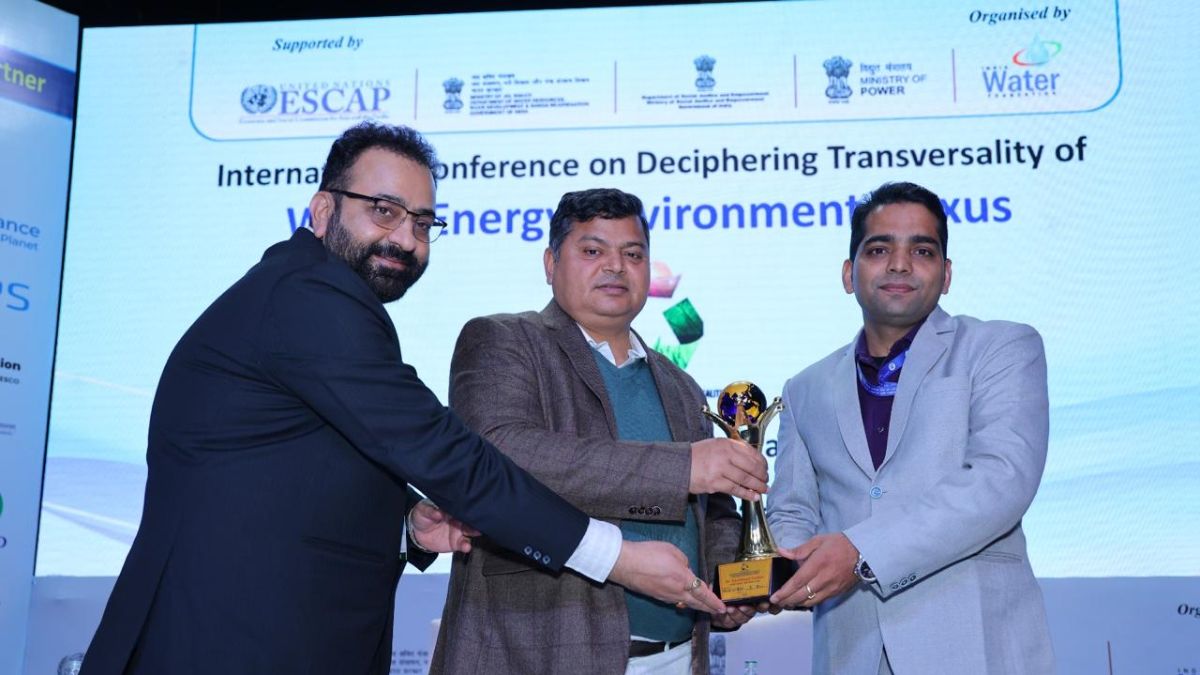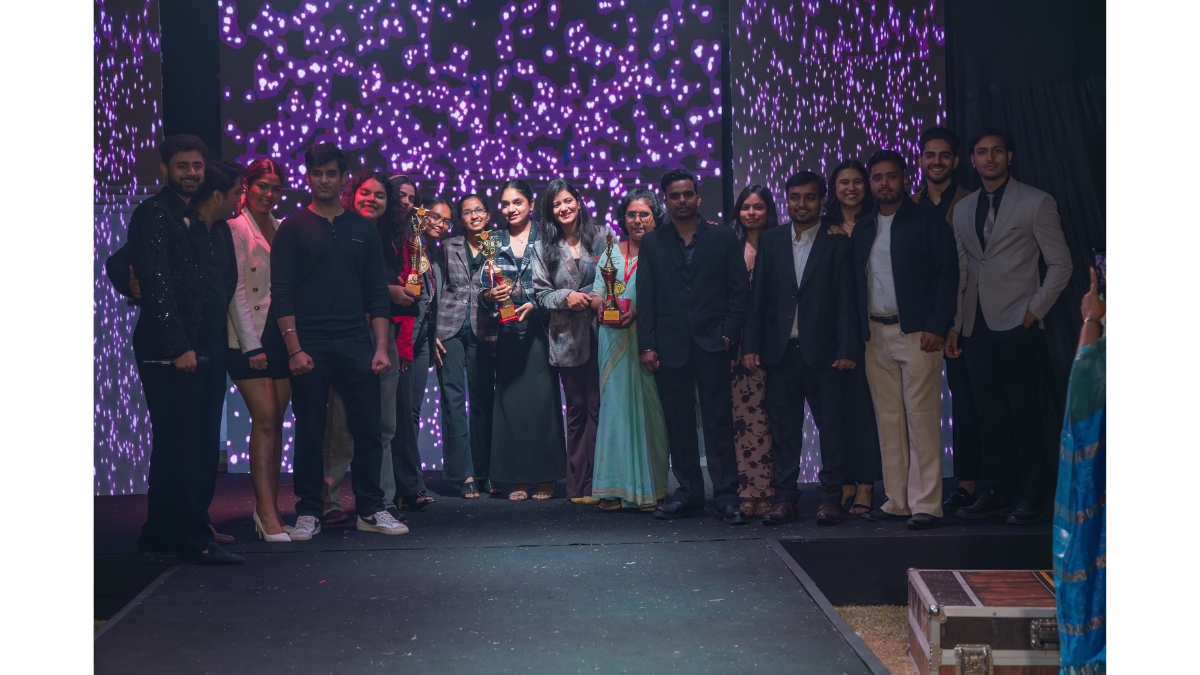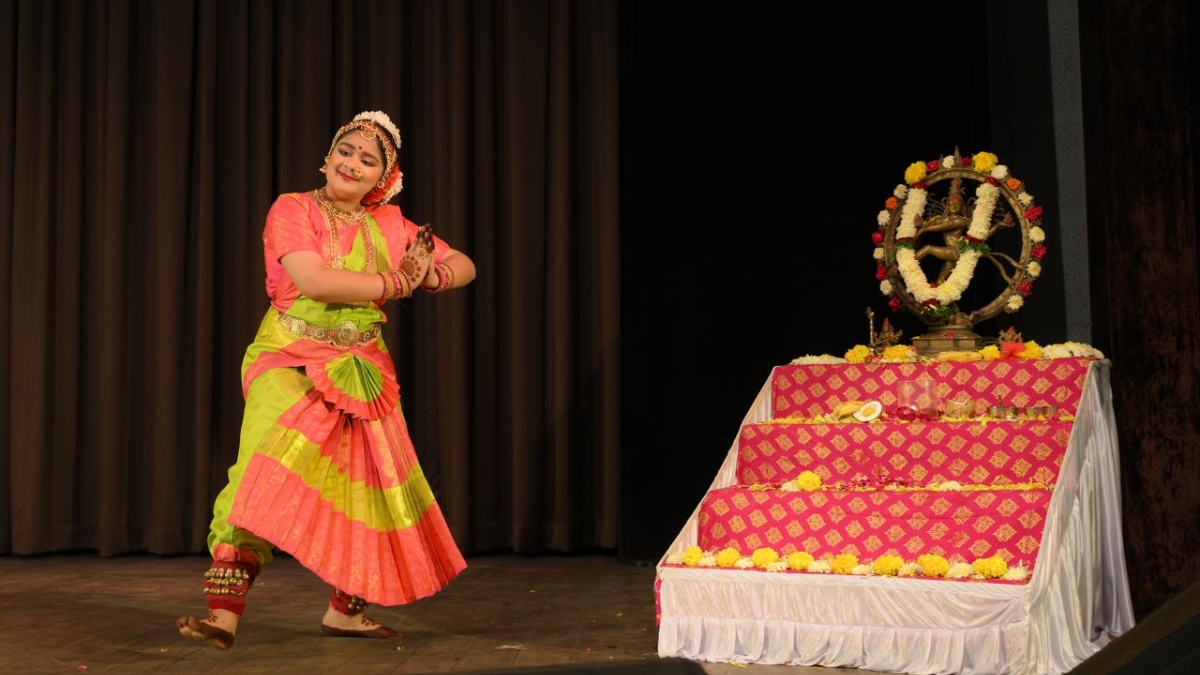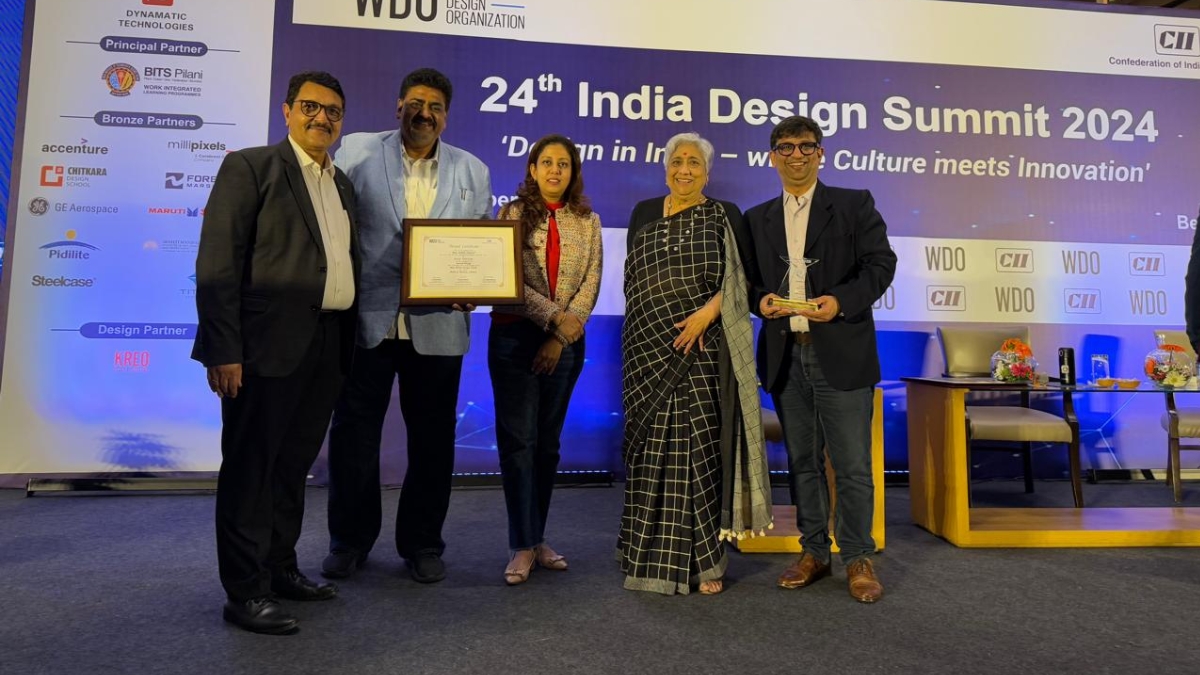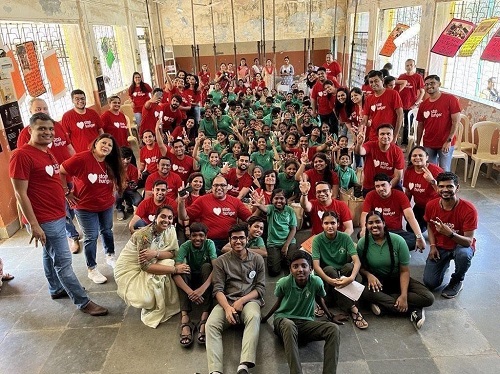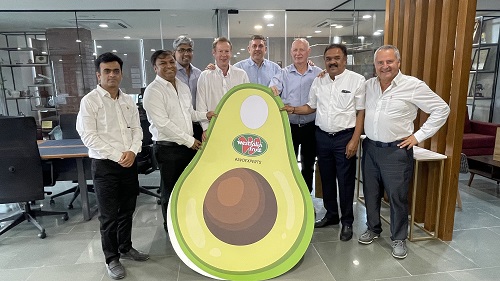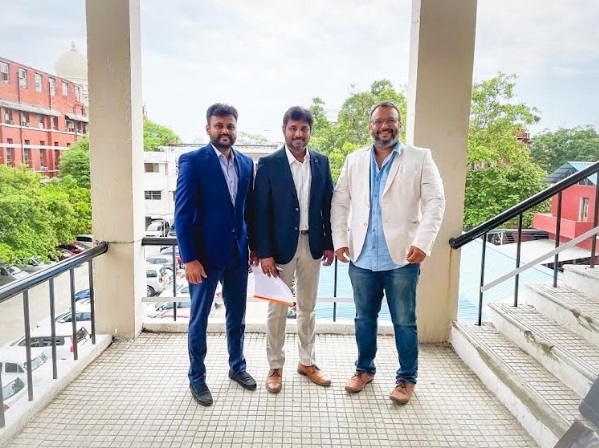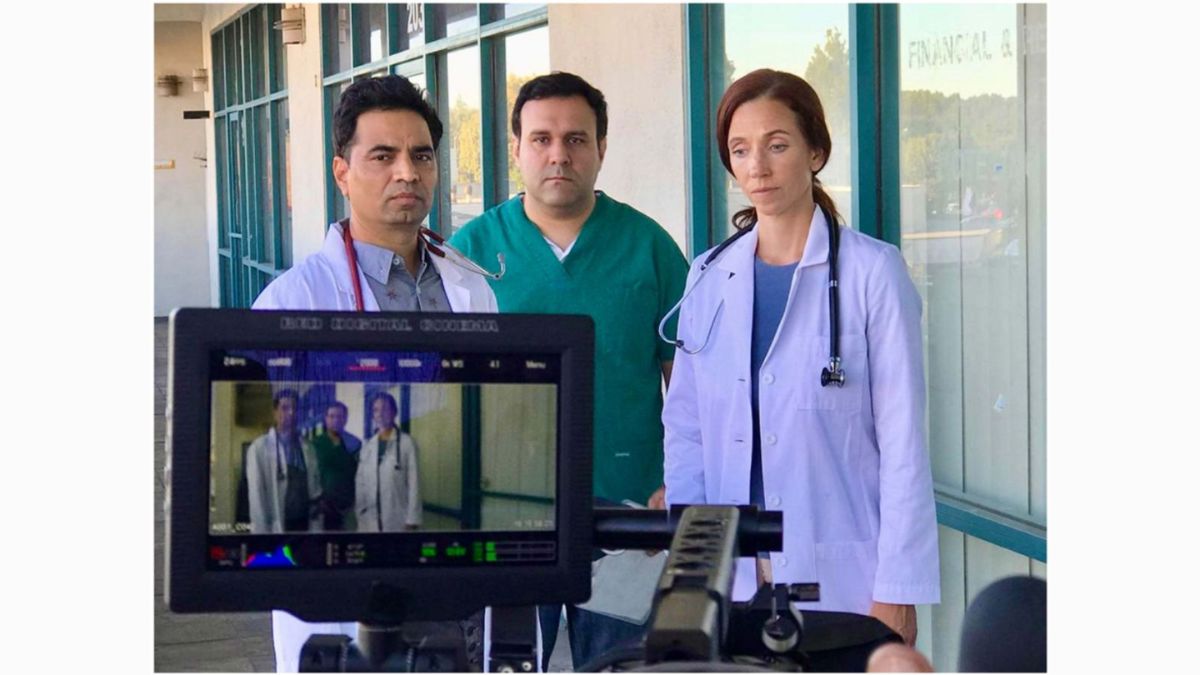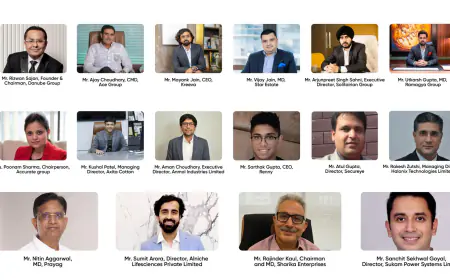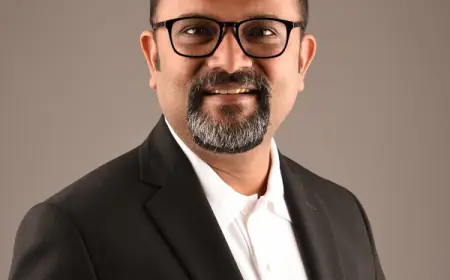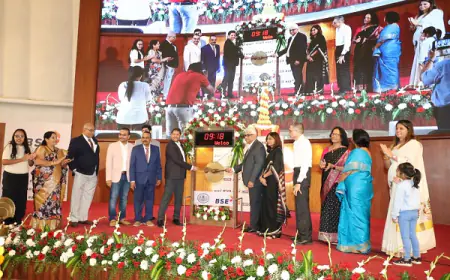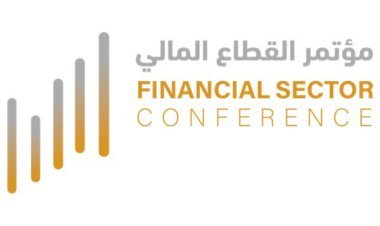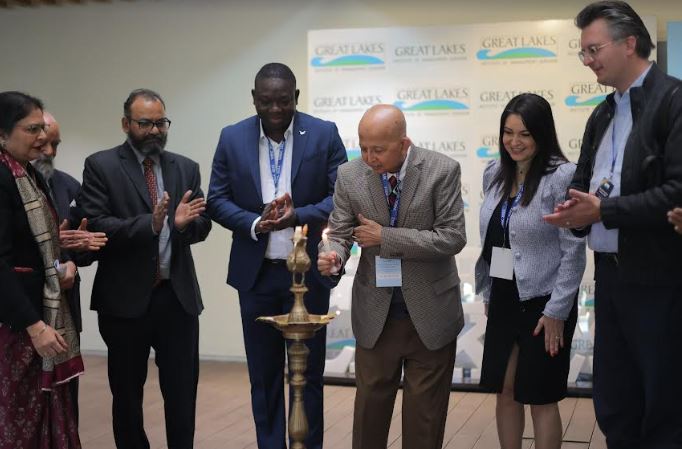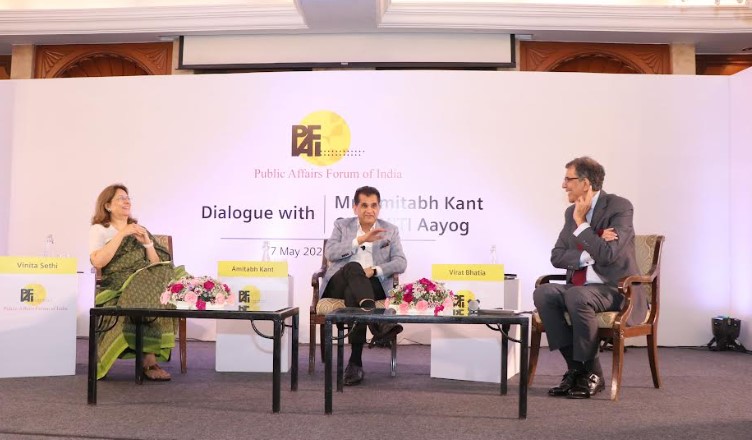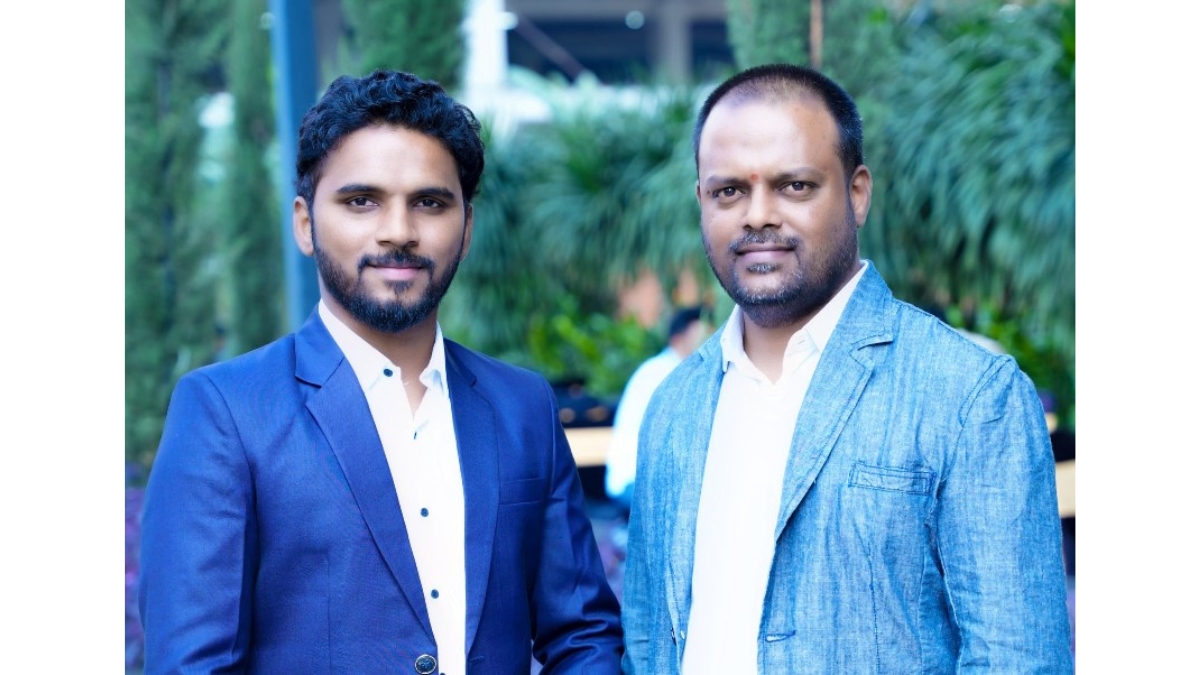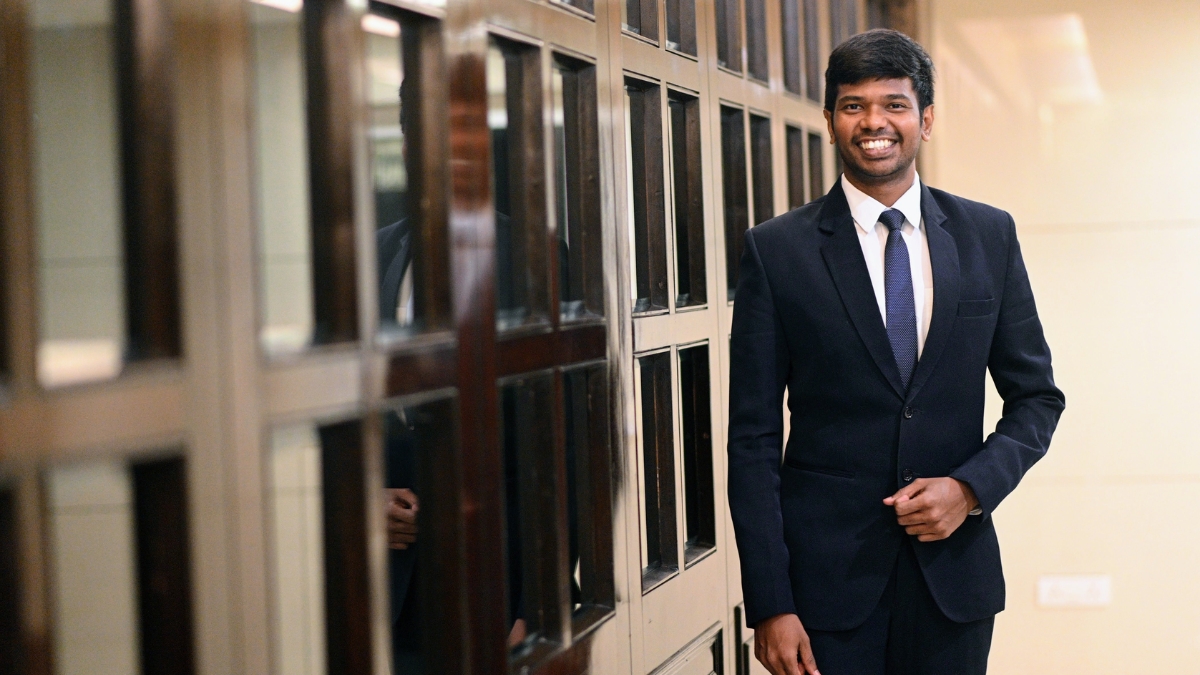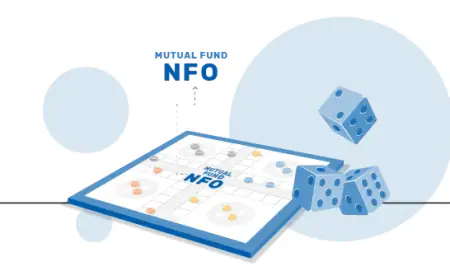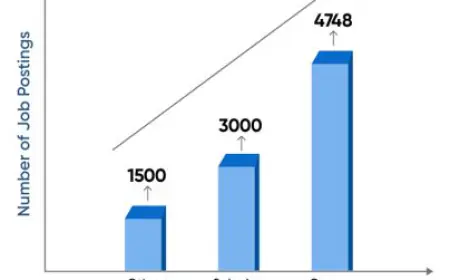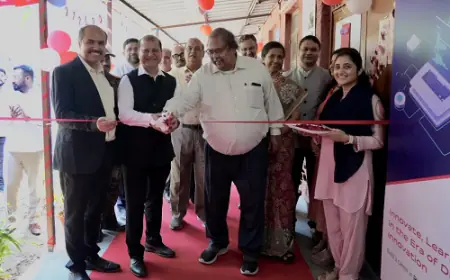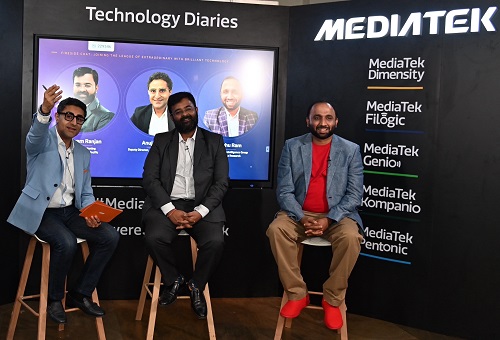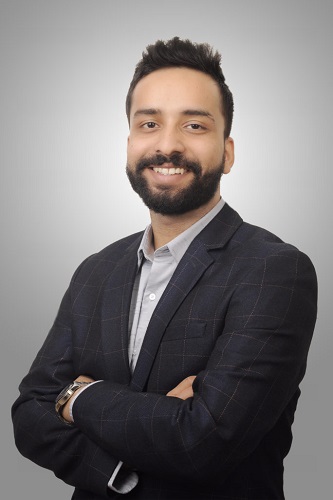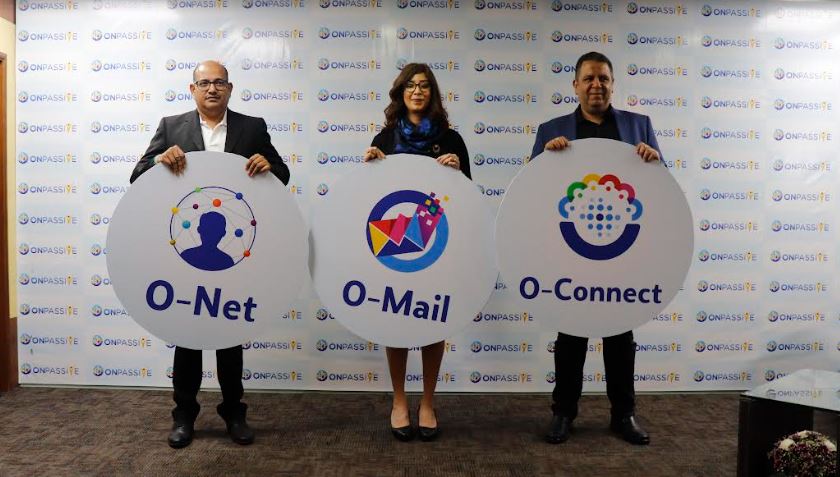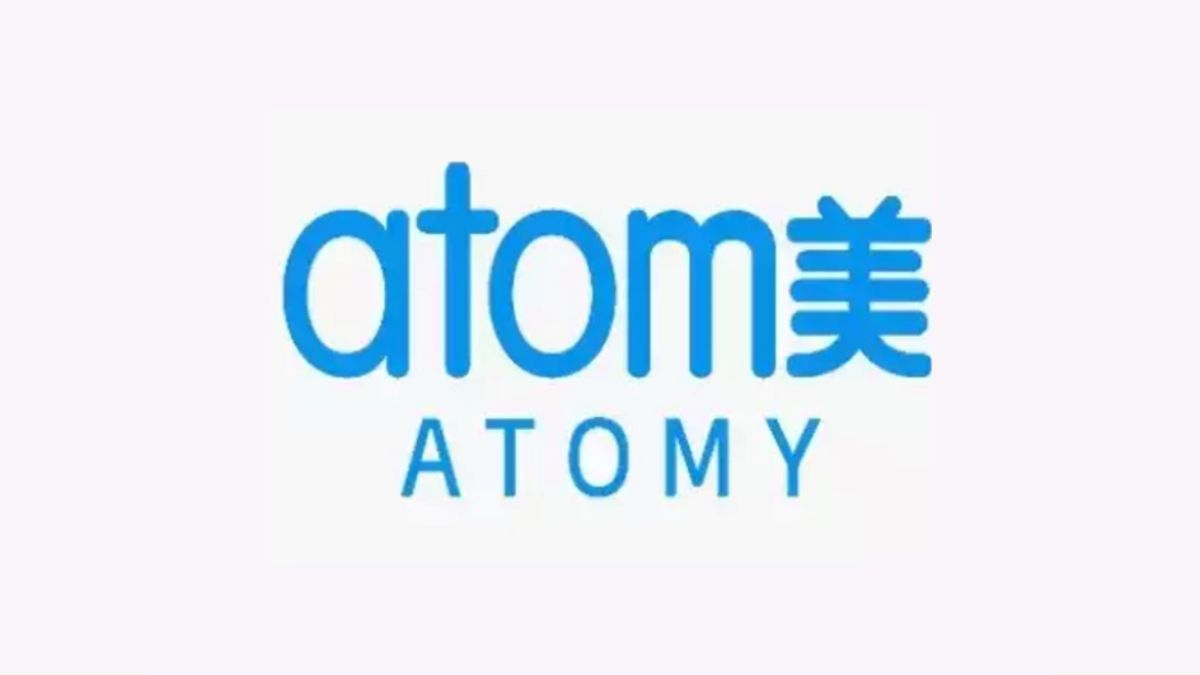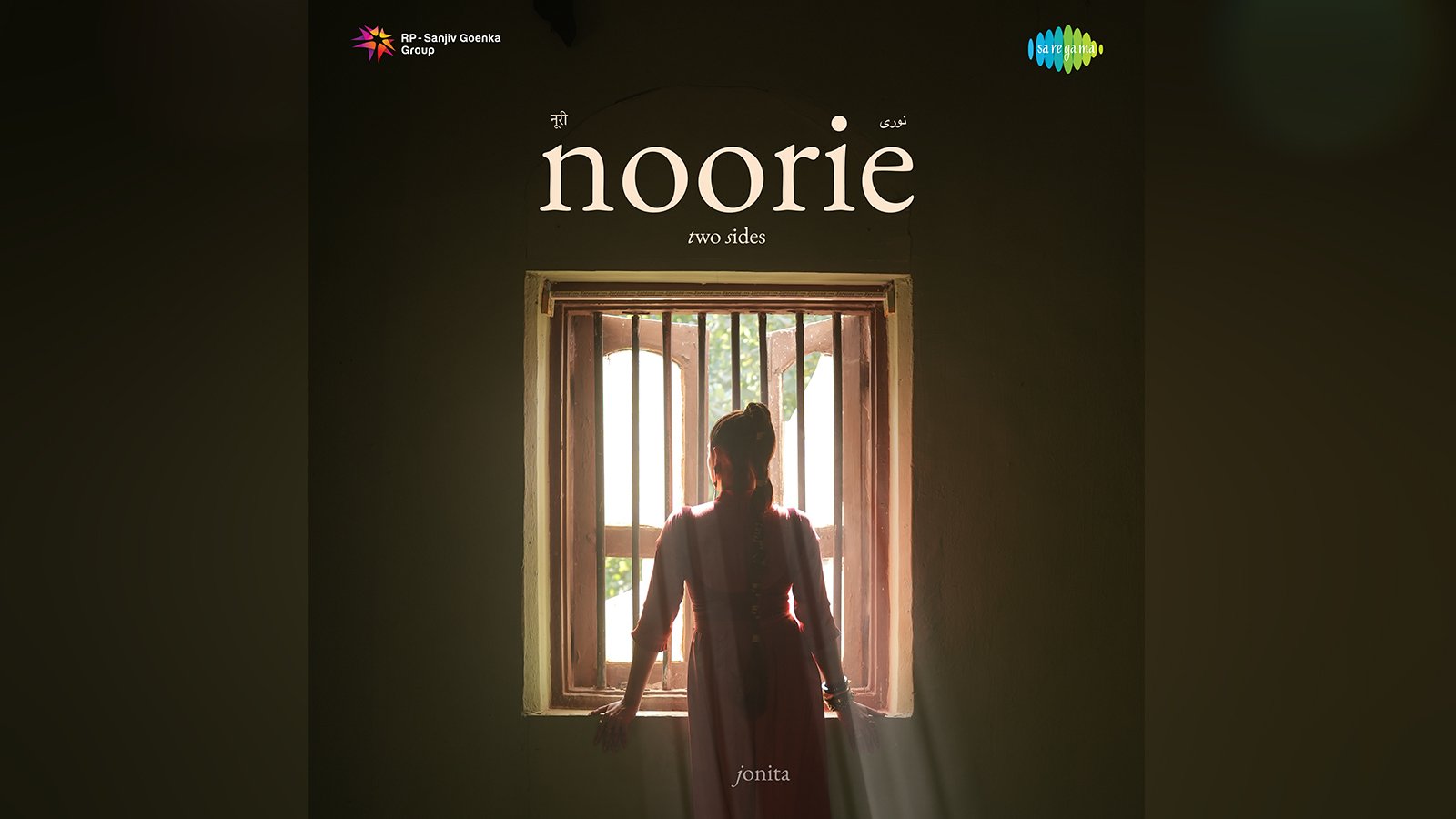Balavidyalaya Opens Admissions for Early Intervention and Pre-school Programmes for Children with Hearing Impairment
Balavidyalaya, established in 1969, one of Indias first schools for children with hearing impairment, has begun admissions for early intervention for babies and pre-school children. Applications are accepted for children aged 0 to 3 years. Faculty at Balavidyalaya seen coaching a child with hearing impairment through special curriculum helping the child develop language skills Balavidyalaya helps children with hearing impairment develop language skills so that they can join mainstream education system, and they do it free of cost. The school creates a platform for the children to develop verbal language skills by making the best use of residual hearing, which is the ability to hear some sounds in spite of hearing loss. If the children are between the ages of three and three and a half, they must have been fitted with hearing aids or have had a cochlear implant and should have developed some language skills to be able to join this program. Hearing loss can affect a child's ability to develop speech, language, and social skills. The signs and symptoms of hearing loss are different for each child. The earlier children with hearing loss start getting help in the form of an intervention program, the more likely they are to reach their full potential. Speaking about the process, Dr. Meera Suresh, the Honorary Vice Principal, said, "Parents of children who have been suspected of having hearing loss either by a paediatrician or having failed in a universal screening diagnosis, children whose parents suspect there is some issue in the child's hearing, children who have been referred to by ENTs, Paediatricians, or hearing aid dispensers, children who have already been diagnosed but yet to be fitted with hearing aids, children who have already been diagnosed and fitted with hearing aids, and children who have had cochlear implants can get themselves enrolled for admission any time during the year." Balavidyalaya has a cutting-edge diagnostic center with equipment for detecting hearing loss in children. If necessary, experienced audiologists will perform the diagnosis. If the diagnosis has already been completed, the children are enrolled in the programme right away. The school provides two mediums of instruction English and Tamil, which can be selected during the childs admission based on the language the caregiver is most comfortable with. Balavidyalaya follows a special curriculum that focuses on preparing each child to join mainstream education system at the earliest possible age. These children enter regular schools latest by the age of 6 years, when they acquire the necessary skills needed to compete with others of their age. A unique teaching methodology called DHVANI, which stands for Development of Hearing, Voice, and Natural Integration, is used and works towards the holistic development of a child's personality at an early age. The school does not use any formal textbooks and all learning is activity based. Early intervention programme Children younger than the age of three can join this programme. The student-teacher ratio here starts at 1:1 and gradually moves to 1:4 the parent or guardian accompanies the child to school. Balavidyalaya believes that parents are the first educators in a child's life. The importance of using appropriate hearing devices throughout the child's waking hours is stressed on. The teachers show them ways to use everyday situations and activities at home to develop the child's auditory, language, and speech skills. For example, parents can talk to the child while feeding, or they can hold a colourful object to attract the child's attention and talk about it. It is a repetitive process, and the child starts understanding the language after some time. Children in this programme come to school for only an hour, from 9-10 in the morning. Slowly, the students learn to speak, to lip read, and to make out words with the help of their hearing aids. After completing the early intervention programme, children move to the pre-school programme and start attending school from 10.30 a.m to 3.00 p.m. They are then helped to further develop their auditory, receptive language, and expressive language skills. Balavidyalaya also teaches them to develop number concepts, reading and writing. By the time they are between five and six years old, children develop the required language skills and are ready to join regular schools. Over the last five decades, more than 1400 children have completed the programme in Balavidyalaya and are in various schools across India and the other parts of the world. A lot of students have entered colleges and have started working too. The school keeps track of its alumni, many of whom donate their first salary to the school. The school is recognised by the Tamil Nadu government, is registered under the PWD Act
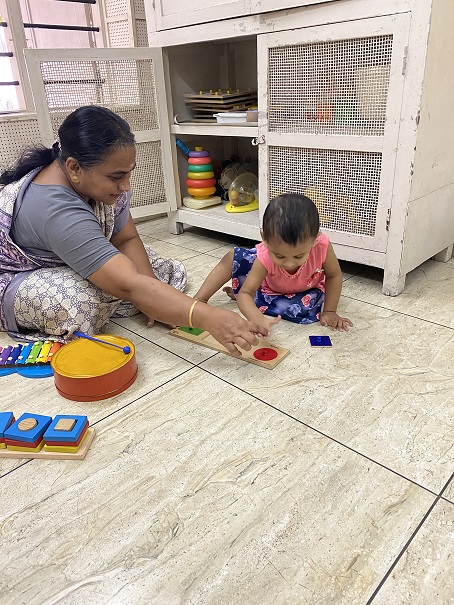
Balavidyalaya, established in 1969, one of Indias first schools for children with hearing impairment, has begun admissions for early intervention for babies and pre-school children. Applications are accepted for children aged 0 to 3 years.
 |
Faculty at Balavidyalaya seen coaching a child with hearing impairment through special curriculum helping the child develop language skills
Balavidyalaya helps children with hearing impairment develop language skills so that they can join mainstream education system, and they do it free of cost. The school creates a platform for the children to develop verbal language skills by making the best use of residual hearing, which is the ability to hear some sounds in spite of hearing loss. If the children are between the ages of three and three and a half, they must have been fitted with hearing aids or have had a cochlear implant and should have developed some language skills to be able to join this program.
Hearing loss can affect a child's ability to develop speech, language, and social skills. The signs and symptoms of hearing loss are different for each child. The earlier children with hearing loss start getting help in the form of an intervention program, the more likely they are to reach their full potential.
Speaking about the process, Dr. Meera Suresh, the Honorary Vice Principal, said, "Parents of children who have been suspected of having hearing loss either by a paediatrician or having failed in a universal screening diagnosis, children whose parents suspect there is some issue in the child's hearing, children who have been referred to by ENTs, Paediatricians, or hearing aid dispensers, children who have already been diagnosed but yet to be fitted with hearing aids, children who have already been diagnosed and fitted with hearing aids, and children who have had cochlear implants can get themselves enrolled for admission any time during the year."
Balavidyalaya has a cutting-edge diagnostic center with equipment for detecting hearing loss in children. If necessary, experienced audiologists will perform the diagnosis. If the diagnosis has already been completed, the children are enrolled in the programme right away. The school provides two mediums of instruction English and Tamil, which can be selected during the childs admission based on the language the caregiver is most comfortable with.
Balavidyalaya follows a special curriculum that focuses on preparing each child to join mainstream education system at the earliest possible age. These children enter regular schools latest by the age of 6 years, when they acquire the necessary skills needed to compete with others of their age. A unique teaching methodology called DHVANI, which stands for Development of Hearing, Voice, and Natural Integration, is used and works towards the holistic development of a child's personality at an early age. The school does not use any formal textbooks and all learning is activity based.
Early intervention programme
Children younger than the age of three can join this programme. The student-teacher ratio here starts at 1:1 and gradually moves to 1:4 the parent or guardian accompanies the child to school. Balavidyalaya believes that parents are the first educators in a child's life. The importance of using appropriate hearing devices throughout the child's waking hours is stressed on. The teachers show them ways to use everyday situations and activities at home to develop the child's auditory, language, and speech skills. For example, parents can talk to the child while feeding, or they can hold a colourful object to attract the child's attention and talk about it. It is a repetitive process, and the child starts understanding the language after some time. Children in this programme come to school for only an hour, from 9-10 in the morning. Slowly, the students learn to speak, to lip read, and to make out words with the help of their hearing aids.
After completing the early intervention programme, children move to the pre-school programme and start attending school from 10.30 a.m to 3.00 p.m. They are then helped to further develop their auditory, receptive language, and expressive language skills. Balavidyalaya also teaches them to develop number concepts, reading and writing. By the time they are between five and six years old, children develop the required language skills and are ready to join regular schools. Over the last five decades, more than 1400 children have completed the programme in Balavidyalaya and are in various schools across India and the other parts of the world. A lot of students have entered colleges and have started working too. The school keeps track of its alumni, many of whom donate their first salary to the school.
The school is recognised by the Tamil Nadu government, is registered under the PWD Act 1995, and is administered by the Department of Welfare for the Disabled. The school is also under the aegis of 'The Ministry of Social Justice & Empowerment, Govt. of India'.
For admission please visit www.balavidyalayaschool.org and email hear@balavidyalayaschool.org.
![]()
